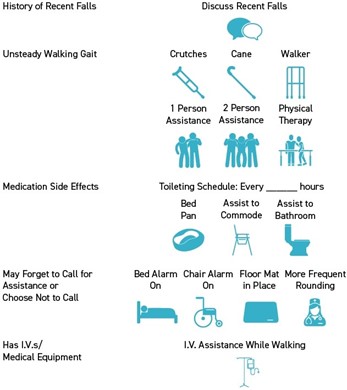The mentally ill were once housed in mental institutions known as:
Hospitals
Free-standing care centers.
Long-term care facilities.
Asylums
The Correct Answer is D
A. Hospitals: While some mentally ill individuals may be treated in psychiatric hospitals today, historically, they were often housed in asylums, which were institutions specifically designated for the long-term care of those with mental illnesses.
B. Free-standing care centers: Free-standing care centers are a more modern concept for community-based care or outpatient services, not a term used historically for institutions that housed the mentally ill.
C. Long-term care facilities: Long-term care facilities typically refer to places that provide care for elderly individuals or those with chronic illnesses, but not specifically for mental illness in the historical context.
D. Asylums: Historically, individuals with mental illness were housed in asylums, which were often large institutions where they received care but were sometimes subject to poor conditions and inadequate treatment. Over time, the concept of mental health care shifted toward more humane and community-based approaches.
Nursing Test Bank
Naxlex Comprehensive Predictor Exams
Related Questions
Correct Answer is D
Explanation
The first step in the nursing process is assessment, which involves gathering information about the patient’s condition. In this situation, the nurse should make observations about the patient’s physical and mental status, including any signs of injury or distress. This information can then be used to determine the appropriate course of action and provide appropriate care. The other
The other options do not represent the first step in the nursing process and may not be appropriate in this situation.

Correct Answer is B
Explanation
In this situation, the patient is expressing a lack of understanding and confusion about their medication. The therapeutic communication technique that would be most helpful is giving information, which involves providing the patient with accurate and clear information about their medication, its purpose, and the benefits of taking it.
Option a, "Ask for what you need," may not be effective in this situation because the patient has already expressed what they need, which is information about their medication.
Option c, "Silence," would not be helpful because the patient is seeking information and support.
Option d, "Using general leads," involves using open-ended statements or questions to encourage the patient to share more information, but it may not address the patient's primary concern of not understanding their medication.
Whether you are a student looking to ace your exams or a practicing nurse seeking to enhance your expertise , our nursing education contents will empower you with the confidence and competence to make a difference in the lives of patients and become a respected leader in the healthcare field.
Visit Naxlex, invest in your future and unlock endless possibilities with our unparalleled nursing education contents today
Report Wrong Answer on the Current Question
Do you disagree with the answer? If yes, what is your expected answer? Explain.
Kindly be descriptive with the issue you are facing.
